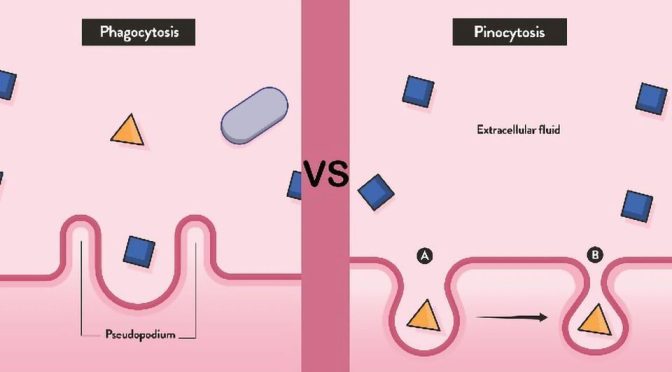The human body is predominantly composed of water,similar to the Earth’s surface.This vital fluid is essential for maintaining numerous bodily functions.Various specialized body fluids serve crucial roles,acting as lubricants,waste removers,and more,contributing to the body’s complex system akin to a network of interconnected rivers and seas.
Blood
Blood is made up of approximately 45%cells and 55%plasma,with water constituting about 92%of its composition.Its primary functions include transporting nutrients and oxygen to cells and removing waste products.Albumin,the most prevalent protein in blood,helps retain water within the circulatory system.Hemoglobin,another essential protein,contains iron and aids red blood cells in oxygen delivery.Persistent low iron levels can be indicative of anemia.
Tears
Tears fall into three categories,each serving distinct purposes:reflex tears wash away irritants like dust or onions,emotional tears are produced in response to strong emotions,and basal tears keep the cornea moist.All tears contain water,salts,antibodies,and enzymes that protect the eyes from bacteria.Emotional tears also contain a protein-based hormone that functions as a natural pain reliever.Inadequate tear production can result in dry eyes,often necessitating treatment.
Earwax
Earwax,or cerumen,has several important functions,including protecting the ears from foreign objects,fungi,and bacteria,as well as cleaning and lubricating the ear canal’s skin.It comprises a mix of skin cells,hair,and secretions from sweat glands,with its waxy consistency due to cholesterol,squalene,fats,and alcohols.Whether earwax is wet or dry is determined by genetics.Excessive earwax can lead to hearing loss and may require medical intervention.
Saliva
Saliva,produced by the salivary glands,is composed of 99.5%water and serves as a lubricant.The remaining 0.5%includes electrolytes,mucus,epithelial and white blood cells,enzymes,and antimicrobial agents.Enzymes like lipase and amylase in saliva start the digestion of food,forming a food bolus that aids in swallowing.Xerostomia,or dry mouth,results from insufficient saliva production and may need medical treatment.
Sweat
Sweat,regulated by the hypothalamus,is produced in response to heat or stress and helps cool the body.While initially odorless,sweat can develop an odor when metabolized by skin bacteria.There are two types of sweat glands:eccrine glands,located throughout the skin,and apocrine glands,found in specific areas like the armpits and ear canals.Sweat mainly consists of water with minor amounts of sodium and potassium.Excessive sweating,or hyperhidrosis,might indicate a more serious health issue.
Cerebrospinal Fluid
Cerebrospinal fluid(CSF)is a clear,colorless liquid present in the brain and spinal cord.Approximately 500 milliliters of CSF are produced daily,with absorption occurring through small brain protrusions.CSF resembles blood plasma but lacks proteins and has higher chloride levels.It cushions the brain,providing protection and buoyancy,and helps regulate the distribution of substances between cells and the brain.Low CSF levels,especially post-surgery,need careful monitoring.
Gastric Acid
Gastric acid,a mixture of hydrochloric acid and potassium and sodium chlorides,is secreted by the stomach lining.It facilitates protein digestion by breaking proteins into amino acids.The stomach also produces bicarbonate to balance acidity.If this balance is disrupted,antacids may be prescribed to restore equilibrium.
Bile
Bile,a dark green or yellow fluid produced by the liver and stored in the gallbladder,aids in fat digestion in the small intestine.Composed of about 97%water,the remaining 3%includes bile salts,bilirubin,fats,and other salts.Blockages in the bile ducts can lead to jaundice and may require hospitalization.
Sebum
Sebum,produced by sebaceous glands in the skin,acts as a natural lubricant,especially prevalent on the face and scalp.These glands are not present on the soles and palms.Sebum primarily consists of triglycerides,wax esters,squalene,and fat metabolites.Excessive sebum production can foster bacterial growth,potentially leading to acne.
Feces
While often considered solid,fresh human feces is approximately 75%water.It is a semi-solid waste product,largely decomposed by bacteria.The odor of feces varies with diet and health,and its brown color results from bile and bilirubin from dead red blood cells.Unusual colors,particularly red or black,may indicate infection or health issues.
